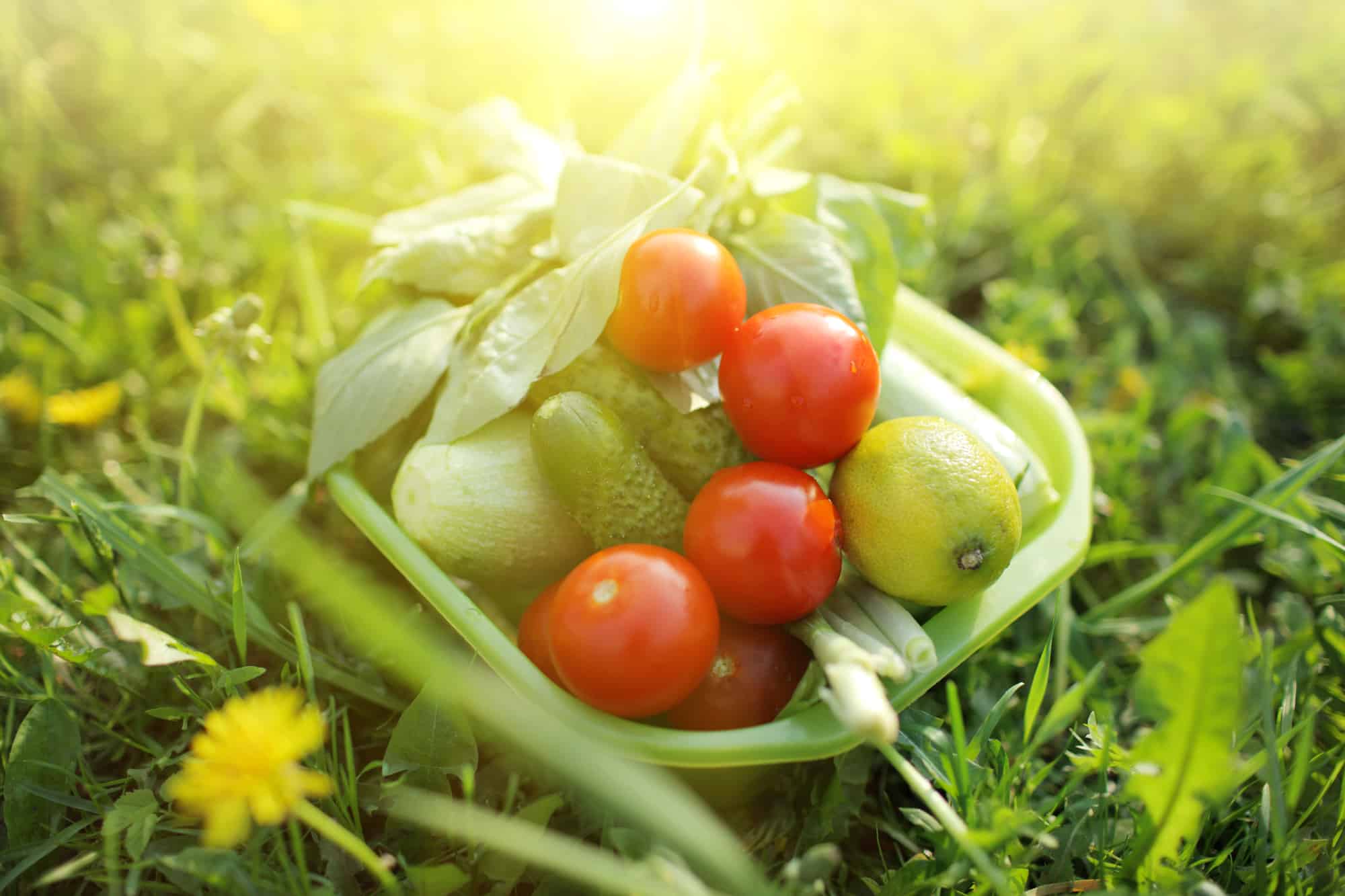
29 Jun Is Organic Produce Worth It? What Makes It Better Than Non-Organic?
What are pesticides?
Pesticides are chemicals, typically man-made, that are used to kill or repel the pests that are harmful to the plants we eat or to the environment we live/work in. There are many different types of pesticides: insecticides (for bugs), herbicides (for weeds) and fungicides (fungus killers), as well as others for germs and rodents.
Can’t I just wash it off my fruits and vegetables?
Yes, and it’s strongly encouraged to wash all of your produce, but some fruits and vegetables are “dirtier” than others and have pesticide residue even after you wash them. Strawberries currently top the list as the fruit that has the highest concentration of pesticides in the Environmental Working Group’s 2016 “Clean 15 and Dirty Dozen.”
The Dirty Dozen:
- Strawberries
- Apples
- Nectarines
- Peaches
- Celery
- Grapes
- Cherries
- Spinach
- Tomatoes
- Bell peppers
- Cherry tomatoes
- Cucumbers
Gently rubbing fruits and vegetables under running water will wash off much of the pesticides, but not all. The following list shows the “cleanest” produce, but these should be washed as well.
The Clean 15:
- Avocados
- Corn
- Pineapples
- Cabbage
- Sweet peas
- Onions
- Asparagus
- Mangoes
- Papayas
- Kiwi
- Eggplant
- Honeydew
- Grapefruit
- Cantaloupe
- Cauliflower
Eat organic when you can, and source locally. Visit your local farmers market, pick up some produce and “eat your vegetables!”

